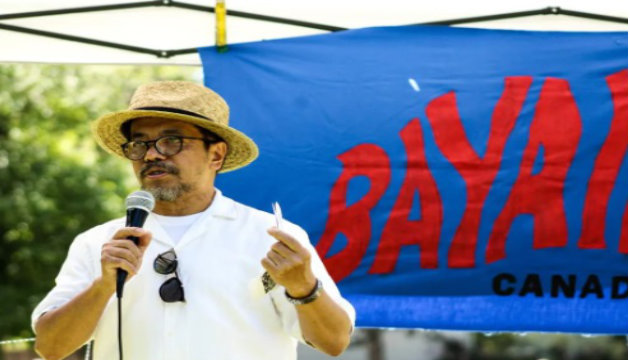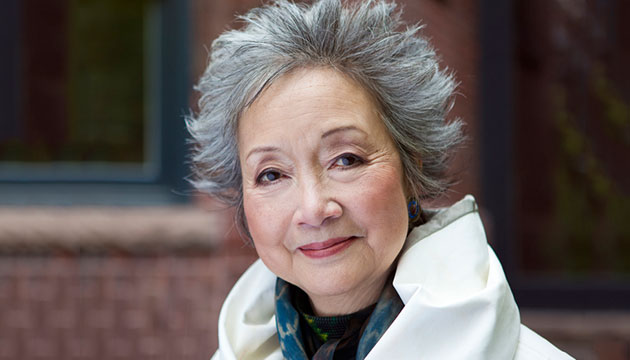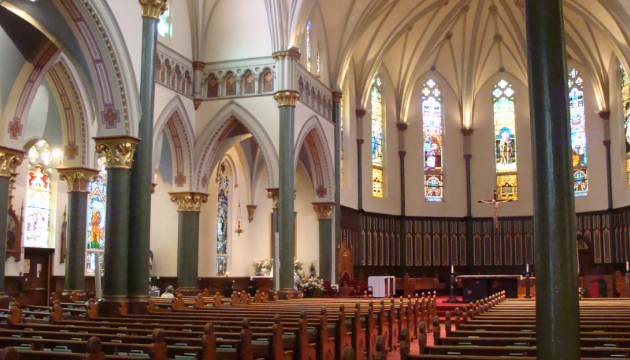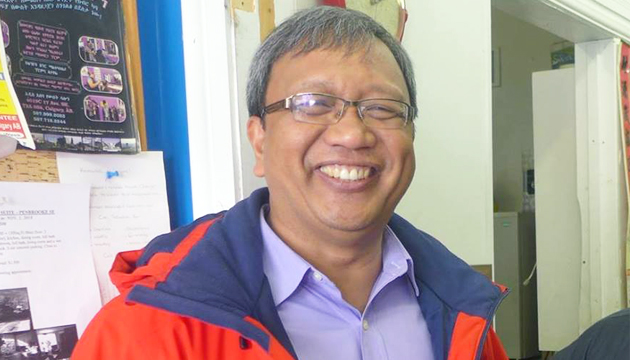In Canada, it is called the Justice for Victims of Corrupt Foreign Officials Act (Sergei Magnitsky Law), passed in 2017 following the United States’ enactment of the Sergei Magnitsky Rule of Law Accountability Act of 2012.
The Act was named after lawyer Sergei Magnitsky who, upon uncovering what was said to be the largest tax fraud in Russian history, was detained without trial, tortured and consequently died in a Moscow prison in 2009.
Canada, the United States, the European Parliament, the United Kingdom, the Netherlands, Italy and Poland condemned the maltreatment of Magnitsky as “a violation of the principles of fundamental justice and the rule of law” and called for sanctions against any foreign nationals responsible for violations of internationally recognized human rights in a foreign country.
Canada’s Magnitsky Law allows the Governor in Council to restrict dealings in property and freeze the assets of foreign nationals if it deems that they are “responsible for or complicit in gross violations of internationally-recognized human rights against individuals in any foreign state who seek to obtain, exercise, defend or promote internationally-recognized human rights and freedoms or who seek to expose illegal activities carried out by a foreign public official.”
Other economic sanctions that Canada has established to stem human rights abuses and corruption are the Special Economic Measures Act, the United Nations Act, Immigration and Refugee Protection Act and the Freezing Assets of Corrupt Foreign Officials Act. On its face, Canada is already armed with more than enough legal sanctions to demonstrate its commitment to protect human rights.
Human rights are inalienable rights that guarantee all peoples of basic needs such as food, housing and education. Human rights protect the vulnerable against abuse by those who are powerful. Human rights give the individual the power to choose for oneself. They are fundamental to survival.
In the last couple of years since the law’s enactment, Canada has maintained a list of 70 names of individuals from the governments of Venezuela, South Sudan, Myanmar, Saudi Arabia and Russia. But Canada finds itself silent on Chinese and Hong Kong government officials’ clampdown on pro-democracy protesters in Hong Kong, and more importantly to Canadian Filipinos, it continues to turn a blind eye to gross human rights violations in the Philippines under the current administration.
In 2018, Canada did not hesitate to add 17 Saudi Arabian names of individuals found responsible for the death of journalist Jamal Khashoggi but it chooses to ignore those responsible for the thousands of suspected drug users, human rights lawyers, local government officials, journalists and innocent bystanders killed in the Philippines during the last three years. Not only have the dead lost their right to live; each death morphed a hundredfold with widows, parents and children left behind.
In a speech delivered at a human rights conference celebrating Human Rights Day on December 10in Berlin, Canada’s Minister of Foreign AffairsFrançois-Philippe Champagne exhorted those present to guard against “attacks on front line human rights defenders and impunity for those who abuse human rights.”
On December 13, Prime Minister Justin Trudeau released each of his ministerial mandate letters that will guide his cabinet’s work through the 43rd Parliamentary session. In his mandate letter to Champagne, Trudeau asked Champagne to “build on the Magnitsky sanctions regime to ensure increased support for victims of human rights violations.”
As we enter a new decade, it is incumbent upon all Canadians to ensure that our politicians don’t simply pay lip service to these promises. In a time when world leadership is lacking, Canada must demonstrate that it truly is a human rights leader.
By Rachel Ramos-Reid for
The CFNet Editorial Board
Contact us at:










